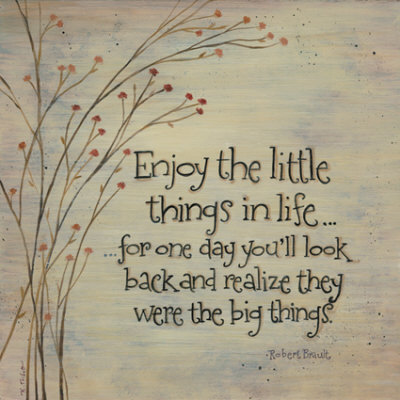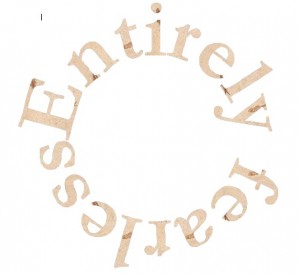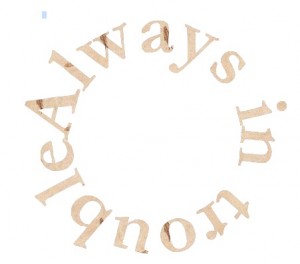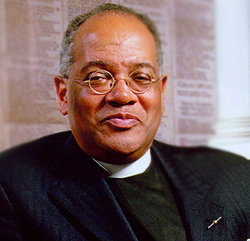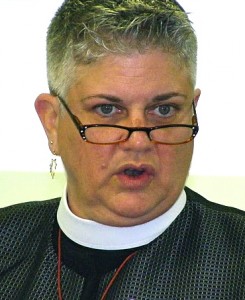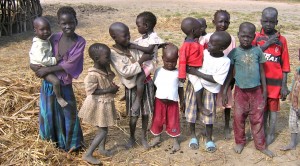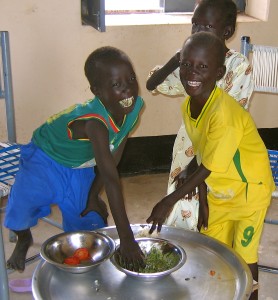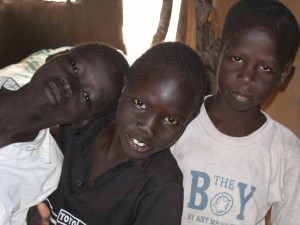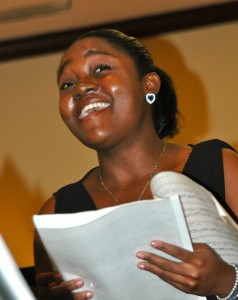Matthew 2:1-12
And now we come to what one commentator calls the “’Adults-Only’ Nativity Story,”[1] Matthew’s version of the birth of Jesus, the one without the census-taking, without the “no-room-at-the-inn” rejection, without the stable or the manger or the animals, without the angels or the shepherds, without the pondering in Mary’s heart.
Unlike Luke’s Gospel, in Matthew, we skip the birth narrative and go straight to the Epiphany, to the moment when wise men show up from the East, declaring that the child they seek is the King of the Jews.
We know this story. We’ve just heard the Gospel, just sung the song: The wise men (some say three) follow a star (some say for two years), until they find the Christ Child in a house (a house, mind you, not a stable) in Bethlehem (on this, Matthew and Luke agree). The visitors drop to their knees, offer gifts of gold, frankincense and myrrh (myrrh? The stuff you use to embalm a body???), and then leave, going home “by another road.”
But what if the story were told from a different perspective? What if, instead, we were to hear the story not of three wise men from the East, but of three wise women?
No, I’m not talking about that old joke about how the women would have asked for directions, gotten there sooner, made dinner and brought di-dis …[2]
I’m talking, instead, about a whole different approach to the Epiphanyt story, one that comes from retired Bishop Steven Charleston, a Choctaw and Native American bishop of The Episcopal Church:[3]
“Three wise women set out to follow the star.
Each ended the journey and gave away her treasure along the way.
One dropped out when she was needed to heal the sick during a plague.
The second stayed behind to help prevent a war with her leadership.
The last remained in a great city to provide for the poor.
When the star left the heavens each awoke the next day to discover a gift placed beside her while she slept.
They never solved this mystery, but the meaning is clear:
They had arrived at their destination even though they had not completed their journey.”
My friends, the Epiphany is not about the news that the Messiah has come into our lives. It is the story of what we are supposed to do with our lives.
For just as the Magi – two of them? Three of them? Heck, could have been 100 of them, as far as we know – came to make manifest to us the Good News that God is here for all the world, so we are to make that Good News manifest as well.
We are not here this morning to celebrate the arrival of Jesus in our lives.
We are here to celebrate what that arrival means in our lives.
We are here, my friends, to celebrate the revelation, the great “Aha!”, the epiphany that God came into the world, as one of us, to show us, in no uncertain terms, that God … loves … us.
And not just us … not just those of us gathered here in this church … but all of us. The people we know. The people we don’t know. The people we love. And the people we could easily do without.
Brass tacks, my friend: Epiphany shows us the mission of our lives. The mission of living out God’s love with ALL of God’s beloved people.
I do not want us to leave this place this day thinking, “Epiphany – been there, done that, will do it again next year.”
Because Epiphany isn’t some one-day, one-off celebration that we do once a year and then forget until the next Jan. 6.
Epiphany is the revelation of God’s marching orders for our lives.
Marching orders that boil down to one thing, and one thing only:
Love.
Howard Thurman, the great theologian and civil rights leader, was speaking of this day when he wrote:
“When the song of the angels is stilled,
When the star in the sky is gone,
When the kings and princes are home,
When the shepherds are back with their flock,
The work of Christmas begins:
To find the lost,
To heal the broken,
To feed the hungry,
To release the prisoner,
To rebuild the nations,
To bring peace among people,
To make music in the heart.”[4]
This is the day, my friends, when we turn the joy, the celebration, the glory of Christmas, into the work of the rest of our lives.
Instead of focusing so intently on what we want – more money, more security, less fear, more stability … losing weight, or running that marathon … the Epiphany of our Lord asks us to focus on what God wants … for us, and for all of his beloved people.
And what God wants is for us to live in love, every moment of our lives, in every place, with every person … whether we like them or not.
Imagine … just imagine … what life would be like if we were like those women of whom Bishop Charleston speaks?
What would life be like if we stopped our hell-bent journeys that focus so much on getting ahead and getting what we want, in order to heal the sick?
What would life be like if we stopped to prevent a war?
Or to provide for the poor?
Imagine what life would be like if we spent our lives doing what Rev. Thurman said …
… finding the lost?
… healing the broken?
… feeding the hungry?
… releasing the prisoners?
… rebuilding the nations?
… bringing peace?
… making music?
In a few minutes, we will baptize little Zoe Rose DiBiase, daughter of Lexy Rouse. Wouldn’t it be marvelous if she were to grow up knowing that her whole life is centered in love? That God loves her from before time began to the ages of ages? And that all God wants her to do with her life is to love?
And so, for little Zoe this morning, and for all of us every day, let us listen to yet another great theologian, Mother Teresa, who has the best guidance I know of for how to live our lives:
People are often unreasonable, irrational, and self-centered.
Forgive them anyway.
If you are kind, people may accuse you of selfish, ulterior motives.
Be kind anyway.
If you are successful, you will win some unfaithful friends and some genuine enemies.
Succeed anyway.
If you are honest and sincere, people may deceive you.
Be honest and sincere anyway.
What you spend years creating, others could destroy overnight.
Create anyway.
If you find serenity and happiness, some may be jealous.
Be happy anyway.
The good you do today may be forgotten tomorrow.
Do good anyway.
Give the world the best you have and you may get hurt.
Give the world your best anyway.
In the final analysis, it is between you and God.
It was never between you and them anyway.[5]
It is Epiphany, my friends. The day when we receive our marching orders … orders to go into the world, and to love.
So …
Go!
Go on! Go love!
Amen.
Sermon preached on the Feast of the Epiphany, 6 January 2013, Year C, at St. Paul’s on the Hill, Winchester, Va.
[1] David Lose, Marbury E. Anderson Biblical Preaching Chair, Luther Seminary, St. Paul, MN, “The ‘Adults-Only’ Nativity Story,” WorkingPreacher.org, http://www.workingpreacher.org/dear_wp.aspx?article_id=653.
[2] “What would have happened if it had been three Wise Women instead of three Wise Men? They would have asked directions, arrived on time, helped deliver the baby, cleaned the stable, made a casserole, and brought practical gifts.” (Anonymous)
[3] The Rt. Rev. Steven Charleston, Choctaw, Daily Devotions.
[4] Howard Thurman, “Christmas Poem,” via Facebook.
[5] http://prayerfoundation.org/mother_teresa_do_it_anyway.htm






